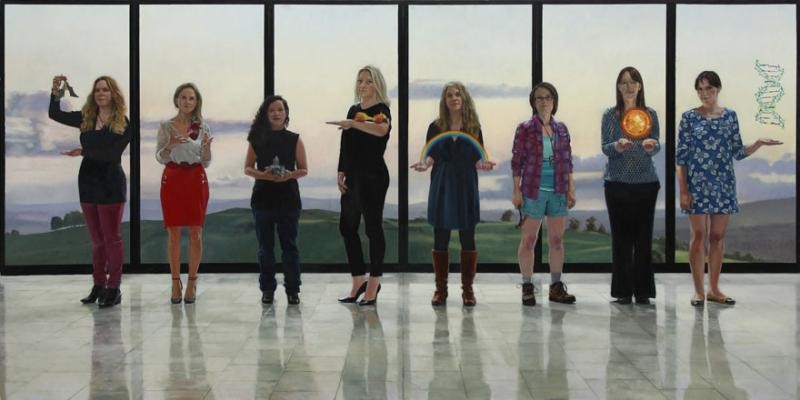Ireland's National Plan on Corporate Social Responsibility (2017-2020) identifies that 84% of businesses view Corporate Social Responsibility (CSR) as 'very important' or 'moderately important'. This is a strong statement and one, which will hopefully resonate with Directors in Ireland's Boardrooms. The commitment of all leaders to place CSR at the heart of business strategy is the cornerstone to successful and sustainable responsible growth.
CSR relates to a range of important issues such as sustainability, ethics, respect for business and human rights, diversity and inclusiveness in the workplace. It might also be referred to as 'responsible business' or 'corporate sustainability' in your company or organisation.
In my experience, we have seen CSR become an increasing aspect of the competitiveness agenda for business and how companies differentiate themselves in recent years. A strong and well-reported CSR programme will help to attract and retain a younger work force and enhance overall productivity. Today's employees seek to work for reputable and sustainable organisations that share their values, contributing to the betterment of community and society.
As Chief Executive of Business to Arts, I am particularly interested in how companies and organisations go beyond accepted practice and draw on the imagination of their people, artists and cultural organisations to create new ways of seeing and doing things. As CSR continues to evolve, I believe there are many ways that creativity can enhance the CSR agenda.
In my experience, CSR has four main areas of focus, and these include:
1. CSR and the Workplace
Broadly, this refers to how businesses and organisations support and engage their employees. As well as career development, inclusion and diversity programmes have developed in large-scale organisations in recent years. In this area, the Women on Walls campaign by Accenture in partnership with the Royal Irish Academy, seeks to make women leaders visible through a series of commissioned portraits. It has had a noticeable impact on me. While I could recognise it, I didn't realise the extent that the images (including photographs and paintings) of people used in a workplace can alienate stakeholders and maintain barriers for workplace.

2. CSR and the Environment
This commonly refers to how companies and organisations can reduce, reuse or recycle their resources or enhance processes in order to minimise their negative environmental impact. In this area, I've regularly referred to the work of the social enterprise ReCreate.ie. It salvages clean, reusable materials from partner businesses and distributes them to schools and organisations who can reuse the materials in all kinds of creative ways.
3. CSR and the Marketplace
This refers to the responsible commercial decisions your company or organisation makes when dealing with suppliers and customers. Working in the charity sector I am acutely aware of our responsibility in this area. Fundit.ie - a company I co-founded - takes inspiration from leaders in the tech space when it comes to its business practice. One relatively straightforward rule fundit.ie applies is that all suppliers (as far as practically possible) must be Ireland-based. All suppliers and customers are also typically paid within 21 days.
4. CSR and the Community
In general, this refers to the interactions your company or organisation has with your local community partners and organisations. For me, when companies or organisations visibly invest in their communities, they invest in places where people will want to work. This is the realm of partnerships.
In respect of Business to Arts, with our Allianz Business to Arts Awards we seek out and celebrate the leading partnerships between companies and artists and cultural organisations in Ireland. We do this because the arts and creativity are part of every community in Ireland. Art and creativity helps our economy to thrive, they help people connect with each other and across cultures. Art and creativity educate and enrich Irish society.
This month’s blog was contributed by Andrew Hetherington, Chief Executive, Business to Arts. Andrew can be contacted via email, (info@businesstoarts.ie) or through Linkedin (https://t.co/jrHZsqUbRK) or Twitter (@a_hetherington ).
The views expressed in the posts and comments of this blog do not necessarily reflect the views of the Institute of Directors in Ireland. They should be understood as the personal opinions of the author. The content of this blog is for information purposes only and the Institute of Directors in Ireland is not responsible for the accuracy of any of the information supplied.